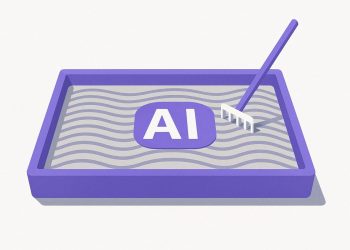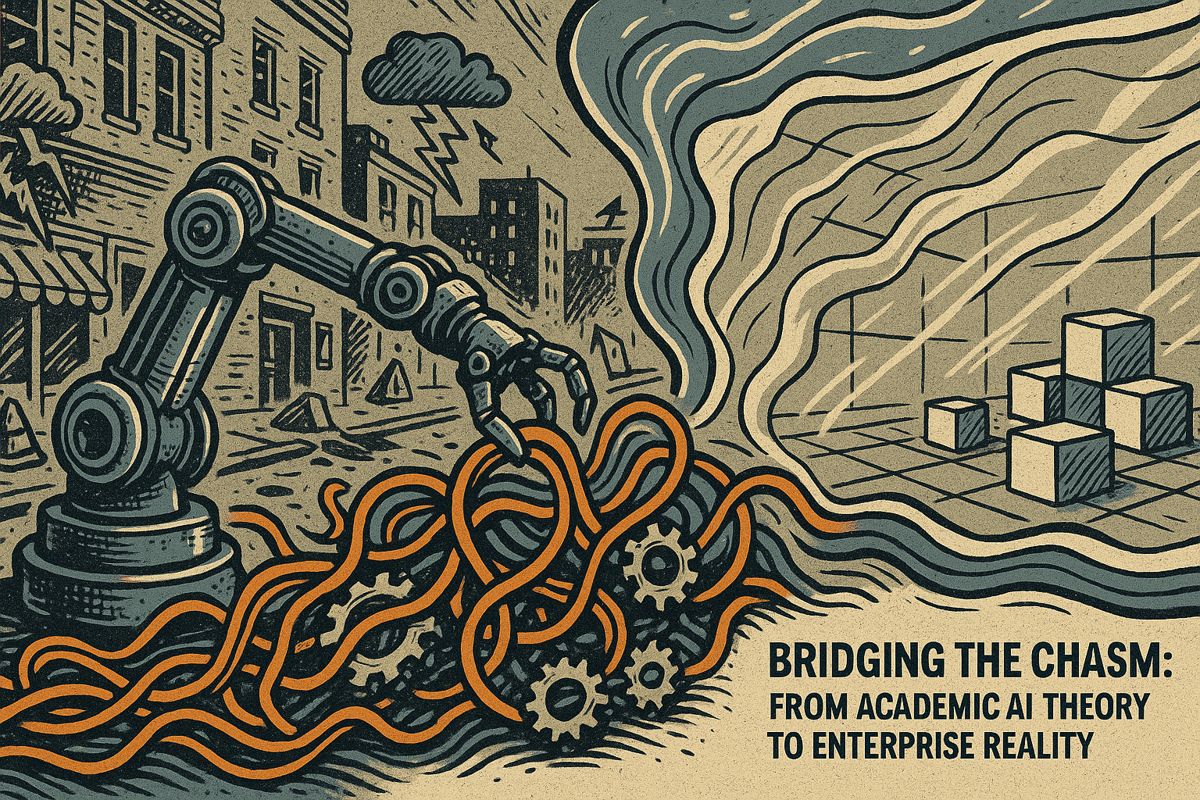Google DeepMind’s AlphaEvolve, a groundbreaking AI system, is fundamentally reshaping mathematical research and practical applications in 2025. This Gemini-powered evolutionary coding agent autonomously generates, tests, and refines code to discover novel, high-performance algorithms with minimal human intervention, rewriting the playbook on algorithmic discovery.
How AlphaEvolve Works
AlphaEvolve is an AI system that improves computer code through an evolutionary process. It uses a large language model (Gemini) to create variations of a program, then automatically tests and scores each one. The best-performing versions survive and are mutated again, continuously discovering more efficient algorithms.
At its core, AlphaEvolve merges a large language model with an automated evaluation framework. The workflow follows a clear evolutionary cycle:
- A researcher marks a code block for improvement.
- The system mutates the block, guided by the Gemini model.
- Each variant runs through an
evaluate()function that measures speed, accuracy, or another metric. - High-scoring variants survive, while low-scoring ones are discarded.
- The cycle repeats until the evaluator stops improving.
This evolutionary loop has proven highly effective. A DeepMind white paper reports that AlphaEvolve rediscovered state-of-the-art algorithms in 75 percent of 50 open problems and surpassed them in 20 percent of cases. Its most notable achievement is a new algorithm for 4×4 matrix multiplication using 48 scalar multiplications, breaking the 49-multiplication record set by Strassen in 1969 Google blog.
Early Impact in 2025
The system’s impact extends far beyond theoretical breakthroughs, already influencing daily research and operations:
- Theoretical computer scientists report tighter bounds for MAX-4-CUT and new constructions in random graph certification Google Research.
- Google’s infrastructure teams recovered 0.7 percent of stranded data-center resources by letting AlphaEvolve optimize scheduling code.
- Fields Medalist Terence Tao highlights AlphaEvolve’s “systematic exploration” capacity that reduces setup time per problem.
This demonstrates consistent, reliable performance rather than one-off successes; across 67 benchmark tasks, the agent delivered measurable improvements in approximately 30 percent of runs.
Growing Ecosystem Around AlphaEvolve
To foster collaboration, DeepMind launched the AI for Math Initiative in November, partnering with leading institutions like Imperial College London, IHES, and Berkeley’s Simons Institute. The program provides researchers with access to AlphaEvolve, creating what DeepMind’s blog calls an “accelerated feedback loop” between human insight and machine-driven exploration AI for Math.
Two key features drive its appeal among researchers:
- General-purpose API: Any problem with an automatic evaluator can be tackled, from group theory to chip layout.
- Built-in verification: By executing code and checking outputs, the system avoids hallucinated answers common in text-only models.
What Comes Next
The roadmap for AlphaEvolve includes integrating AlphaProof, a module for the formal verification of its discoveries, and developing multi-objective evaluators to simultaneously optimize for speed, memory, and energy. Industry adoption is accelerating, with applications emerging in chip design and climate science. Backed by new funding streams, including an $18-million AI for Math Fund, access is expanding to academic groups worldwide.
While still in its early stages, AlphaEvolve’s consistent record of concrete, verifiable achievements signals a new era where computational exploration becomes a standard tool for mathematicians, computer scientists, and engineers alike.



















